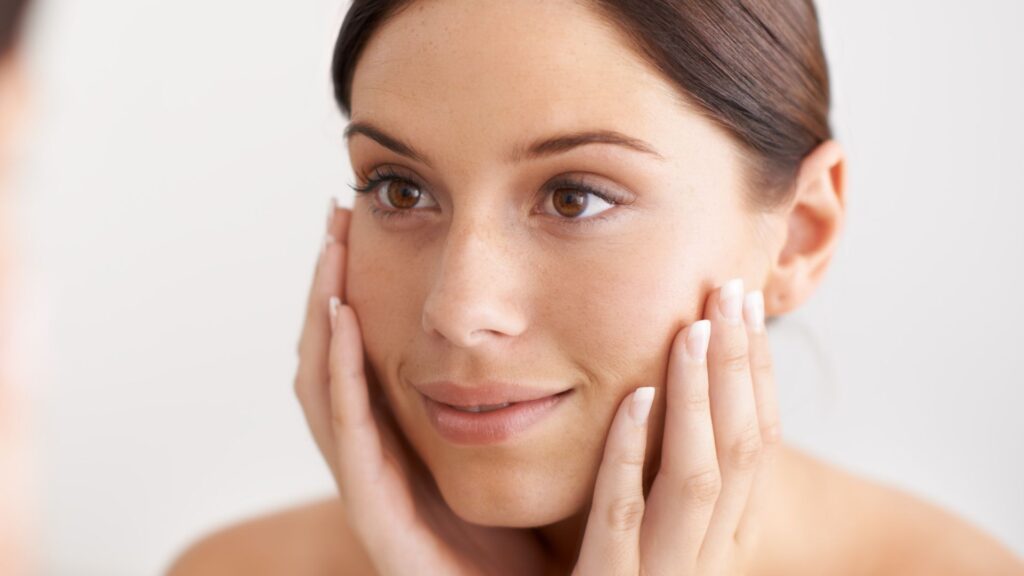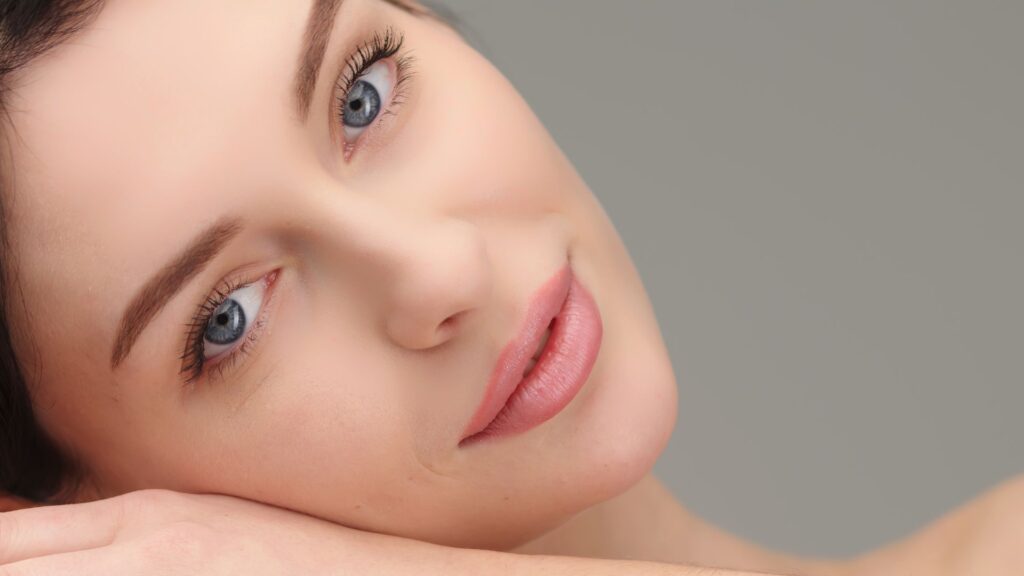Advances in Aesthetic Medicine
Aesthetic medicine has advanced dramatically in recent years, offering a wide range of treatments that improve both the appearance and well-being of individuals. However, as procedures such as dermal fillers and rejuvenation techniques gain popularity, concerns have also arisen about safety, the naturalness of the results, and the risk of a visible “aesthetic footprint.” This article explores these essential issues and discusses how it is possible to achieve natural results without compromising safety or leaving unwanted marks.
What is the Aesthetic Footprint?
The “aesthetic footprint” refers to the unwanted visible effects that may remain after an aesthetic treatment. This footprint can manifest itself in the form of product build-up, skin irregularities or changes in texture that are noticeable after the procedure. One of the common problems associated with aesthetic footprint is the result of excessive accumulation of dermal fillers, which can cause an artificial or disproportionate appearance.
Causes
Injectable products can, on occasion, generate accumulations of debris in the tissue, forming lumps or visible areas that do not integrate well with the surrounding tissue. This can happen if the product is injected in excess or incorrectly, by an inadequate technique. The accumulation of these products can lead to an aesthetic result that does not align with the original goal of the treatment, resulting in an unnatural appearance.
Minimizing the Aesthetic Footprint
To minimize the aesthetic footprint and ensure natural results, it is essential to follow several key recommendations. First, accurate diagnosis and personalized analysis by a specialized doctor are crucial. A qualified professional can properly assess the skin structure, aesthetic goals and the most appropriate type of treatment for each patient.
The physician’s experience and skill not only ensure an accurate technique, but also help avoid common problems such as excessive product build-up. In addition, using high quality products significantly improves results and minimizes the risk of adverse effects.
Focus on Nautral Results
Achieving Natural Results
One of the primary goals in aesthetic medicine is to achieve results that look natural and harmonious. To achieve this, it is important to consider the balance between the amount of product used and the application technique. Treatments should be designed to improve appearance without altering the patient’s identity.
Enzymes play a key role in correcting unwanted aesthetic results and achieving natural results. Among these, hyaluronidase is particularly effective in dissolving hyaluronic acid dermal fillers, both to correct unwanted results and to resolve more serious adverse effects. By removing excess hyaluronic acid, hyaluronidase helps restore a more balanced and natural appearance.
Long Term Consequences of the Aesthetic Footprint
In the long term, aesthetic footprinting can result in persistent skin irregularities. Although injectable products are absorbed over time, there is concern that they may not be completely reabsorbed, leaving a residual trace that could affect texture and generate visible irregularities.
Conclusion
Modern aesthetic medicine offers many options to improve appearance safely and effectively, but it is essential to approach treatments with an informed approach. The aesthetic footprint and unwanted results can be significantly minimized by accurate diagnosis, choosing a qualified practitioner and using high-quality products. Trust in a specialist and the correct application of products are key to achieving natural and satisfying results.
With the right approach and the right guidance, aesthetic treatments can enhance beauty and improve quality of life without compromising safety or leaving unwanted traces. The key is to balance the science and art of aesthetic medicine to deliver results that enhance the true beauty of each individual.




